Equipe d’Accueil :
Intitulé de l’Unité : Institut Cochin / INSERM U1016 / CNRS UMR 8104
Nom du Responsable de l’Unité : Florence NIEDERGANG
Nom du Responsable de l’Équipe : Bruno LUCAS
Adresse : Institut Cochin
27 rue du Faubourg Saint-Jacques, 75014 PARIS
Responsable de l’encadrement : Bruno LUCAS
Tél : 01 40 51 65 90 Fax : 01 40 51 65 35 E-mail : bruno.lucas@inserm.fr
Résumé du projet (environ une demi-page)
Anti-tumor immune responses are often deficient in cancer patients. Although demonstrated as effective, immunotherapies such as anti-PD1 monoclonal antibodies, which aim to reactivate lymphocyte responses, are efficient only in 20 to 30% patients. Recent findings in the team suggest that the Tumor Necrosis Factor (TNF) participates to T-cell exhaustion in the tumor microenvironment. More precisely, the MC38 tumor cell line initially develop similarly after transplantation into Wild-Type (WT) and TNF-Knock Out (TNFKO) mice and then tend to regress in TNFKO mice. This regression correlated with lower expression of inhibitory receptors (PD1, LAG-3, TIM-3) by memory CD4 T cells in the tumor microenvironment in TNFKO mice.
Following these results, the present Master 2 project will aim to study TNF-induced T-cell exhaustion. We will focus on 4 main axes: (i) extend our preliminary results to other tumor models (other tumor cell lines such as B16, MCA en LLC versus the AOM/DSS induced colitis-associated colorectal cancer), (ii) study the involvement of TNF in the age-related T-cell exhaustion we have recently described (Nature Communications 15:1718), (iii) decipher the molecular mechanisms involved in TNF-induced T-cell exhaustion and (iv) test whether anti-TNF therapy may synergize with anti-PD1 immunotherapy in cancer models. The team has the expertise and all the necessary mouse lines to carry out this project and has access to all Cochin Institute facilities. This project will contribute to a better in vivo understanding of mechanisms involved in T cell exhaustion and could pave the way for the development of new immunological tools to counter resistance to current treatments.
Dernières Publications en lien avec le projet :
(members of the ream are underlined)
- Audemard-Verger A., Rivière , A. Durand, E. Peranzoni, V. Guichard, P. Hamon, N. Bonilla, T. Guilbert, A. Boissonnas, C. Auffray, G. Eberl, B. Lucas*, and B. Martin*. 2017. Macrophages Induce Long-Term Trapping of γδ T Cells with Innate-like Properties within Secondary Lymphoid Organs in the Steady State. J Immunol 199:1998-2007. (BL and BM contributed equally to this paper).
- Guichard V., Bonilla, A. Durand, A. Audemard-Verger, T. Guilbert, B. Martin, B. Lucas*, and C. Auffray*. 2017. Calcium-mediated shaping of naive CD4 T-cell phenotype and function. Elife 6. pii: e27215. (CA and BL contributed equally to this paper).
- Durand A., Audemard-Verger, V. Guichard, R. Mattiuz, A. Delpoux, P. Hamon, N. Bonilla, M. Rivière, J. Delon, B. Martin, C. Auffray, A. Boissonnas, and B. Lucas. 2018. Profiling the lymphoid-resident T cell pool reveals modulation by age and microbiota. Nature Communications 9:68.
- Audemard-Verger A., E. Pillebout, A. Jamin, L. Berthelot, Auffray, B. Martin, A. Sannier, E. Daugas, J. Déchanet-Merville, Y. Richard, R. Monteiro and B. Lucas. 2019. Recruitment of CXCR3+ T cells into injured tissues in adult IgA vasculitis patients correlates with disease activity. J Autoimmun 99:73-80.
- Durand A., N. Bonilla, Level, Z. Ginestet, A. Lombès, …, B. Lucas. 2024. Type 1 interferons and Foxo1 down-regulation play a key role in age-related T-cell exhaustion in mice. Nature Communications 15:1718.
- Porte S, Audemard-Verger A, Wu C, Durand A, Level T, Giraud L, Lombès A, Germain M, Pierre R, Saintpierre B, Lambert M, Auffray C, Peyssonnaux C, Goldwasser F, Vaulont V, Alves-Guerra MC, Dentin R, Lucas B* and Martin B*. 2024. Iron boosts anti-tumor type 1 T-cell responses and anti-PD1 1 immunotherapy. Cancer Immunology Research in press. (Bruno Lucas and Bruno Martin contributed equally to this paper).
Ce projet s’inscrit-il dans la perspective d’une thèse :
oui ü non o
si oui type de financement prévu : Allocation de recherche (ex-bourse MRT)
Ecole Doctorale de rattachement : ED562 BioSPC

